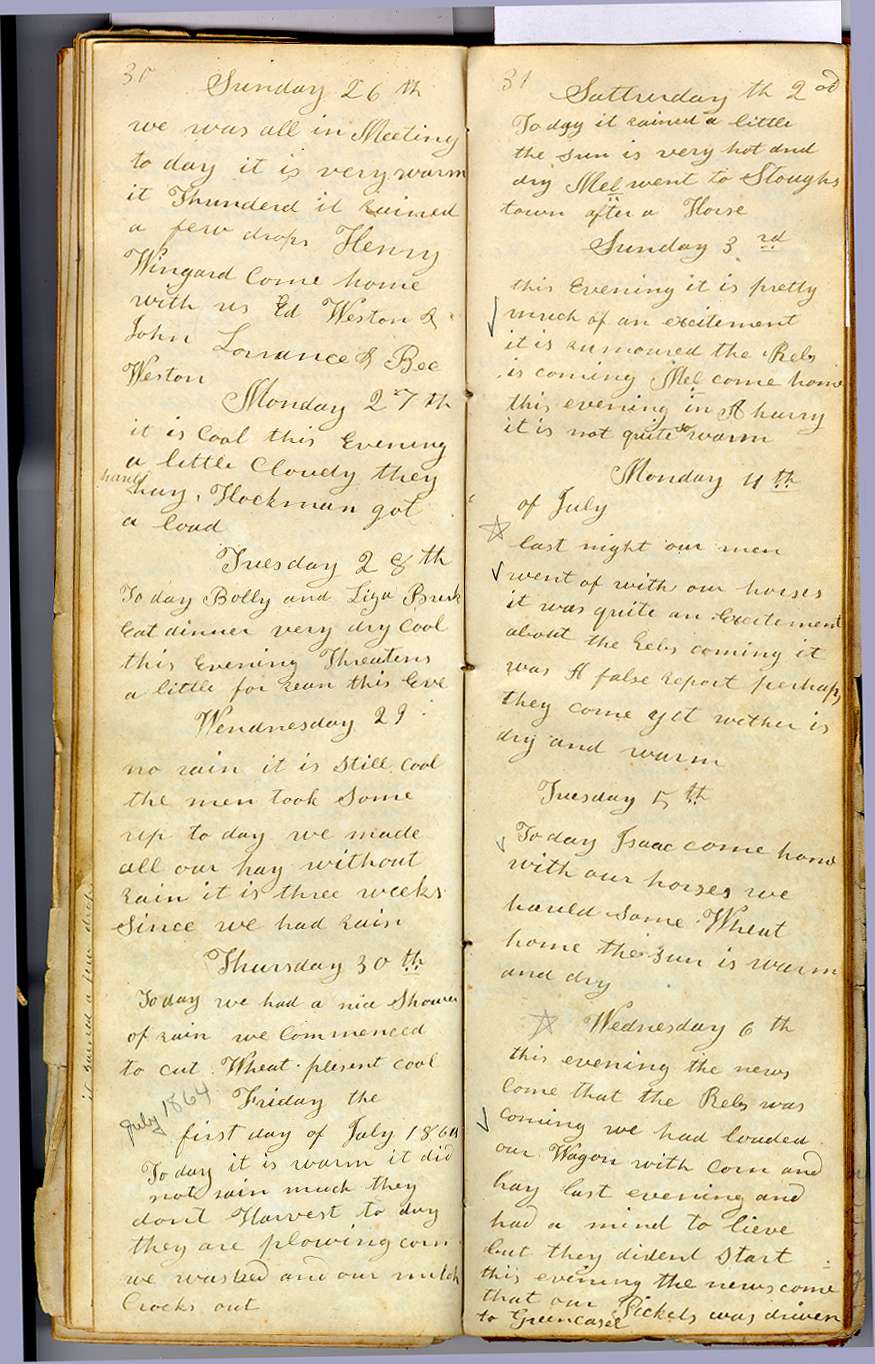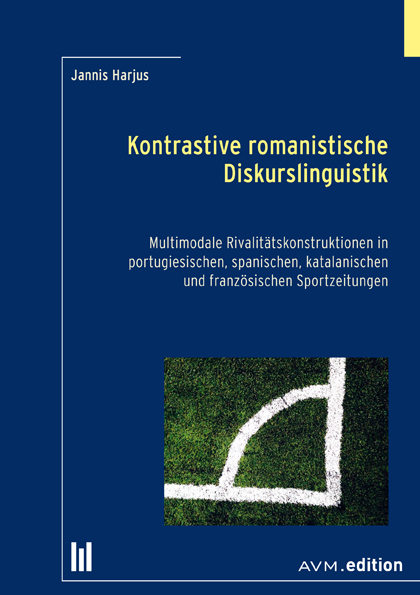An Maximilien Robespierre scheiden sich bis heute die Geister: Für die einen ist er der Bluthund der Französischen Revolution. Andere sehen ihn als Verfechter ihrer Prinzipien: „Freiheit, Gleichheit, Brüderlichkeit“.
Als 1789 die Generalstände einberufen werden, wählen die Bürger von Arras Maximilien Robespierre zu ihrem Abgeordneten. Der junge Anwalt hat sich in seiner Heimatstadt einen Namen als Verteidiger der kleinen Leute gemacht und ist durch sein leidenschaftliches Engagement für Fortschritt und Wissenschaft aufgefallen.
Geboren wurde Maximilien de Robespierre am 6. Mai 1758. Trotz des „de“ ist er kein Aristokrat und streicht es bald aus seinem Namen. Wohl auch, weil er als Anhänger der Philosophie von Jean-Jacques Rousseau an die „natürliche“ Gleichheit der Menschen glaubt.
Demokrat und Freiheitskämpfer
In der Nationalversammlung tritt Robespierre zunächst als Demokrat auf. Er setzt sich für die Abschaffung der Sklaverei und der Todesstrafe sowie für das Wahlrecht von Schwarzen ein. Das Volk nennt ihn den „Unbestechlichen“, der sein republikanisches Ideal vorlebt.
Als sich 1791 die Verfassungsgebende Versammlung auflöst, wird Robespierre zum Hoffnungsträger der Nation. Er macht den Dreiklang „Freiheit, Gleichheit, Brüderlichkeit“ populär.
Die Tugend mit Terror verteidigen
Dann radikalisiert sich der Vorsitzende des Clubs der Jakobiner, des linken Flügels der Revolution. Robespierre avanciert vom gemäßigten Monarchisten zum radikalen Republikaner. Als Mitglied des nun regierenden Nationalkonvents spricht sich der einstige Gegner der Todesstrafe nun für die Hinrichtung König Ludwigs XVI. aus.
Robespierres Ausspruch, man müsse die Tugend durch den Terror verteidigen, muss nun zur Rechtfertigung für die Tötung der „Feinde der Revolution“ herhalten. Ehemalige revolutionäre Weggefährten enden reihenweise unter der Guillotine. Maximilien Robespierre geht als „Blutrichter der Revolution“ in die Geschichte ein.
Massenhinrichtungen im ganzen Land
Nicht ganz zu Recht, meinen heutige Historiker wie Jean-Clément Martin: „Mit der Formulierung, Abschreckung und Tugend seien nötig, damit keine guten Bürger von Gewalt betroffen würden, sagt Robespierre den Sansculotten, ihr dürft keine Selbstjustiz ausüben.“ Auch wenn seine Worte womöglich falsch interpretiert wurden, Robespierre schweigt zu den Gräueltaten im ganzen Land.
Aber er wendet sich gegen die Massenhinrichtungen, die im Namen des Konvents verübt werden. Robespierre ruft die entsandten Kommissare nach Paris zurück, um ihnen den Prozess zu machen – und bringt sie damit gegen sich auf.
Robespierre nur der Sündenbock?
Wer den Schuss abgibt, der ihm den Unterkiefer zerfetzt, sodass er am 28. Juli 1794 schwer verletzt mit der Guillotine hingerichtet wird, ist bis heute unklar. Sicher ist, dass Robespierres Richter ein großes Interesse an seiner Hinrichtung hatten.
„Robespierre wird zum Sündenbock gemacht. Man kann sich seiner entledigen, er allein ist für alles verantwortlich, die anderen sind schuldfrei. Bestenfalls haben sie aus Angst mitgemacht, schlimmstenfalls, weil sie nichts verstanden haben.“ (Historiker und Biograf Jean-Clément Martin)
Eine Version, die von den nachfolgenden Regimen und Historikern bis ins 20. Jahrhundert übernommen wird. Dabei enden weder Exekutionen noch Abschreckung mit dem Tod des Revolutionärs: Über 120 Getreue folgen Robespierre wenig später aufs Schafott. Und bei dem folgenden, sogenannten „weißen“ Gegen-Terror kommen noch einmal mindestens 2.000 Menschen ums Leben.
(WDR, Sabine Mann, Matti Hesse)
Sie können die Sendung, die am 6.5.2023 in der Reihe „ZeitZeichen“ lief, über die Seite des WDR nachhören oder als Audiodatei herunterladen.








